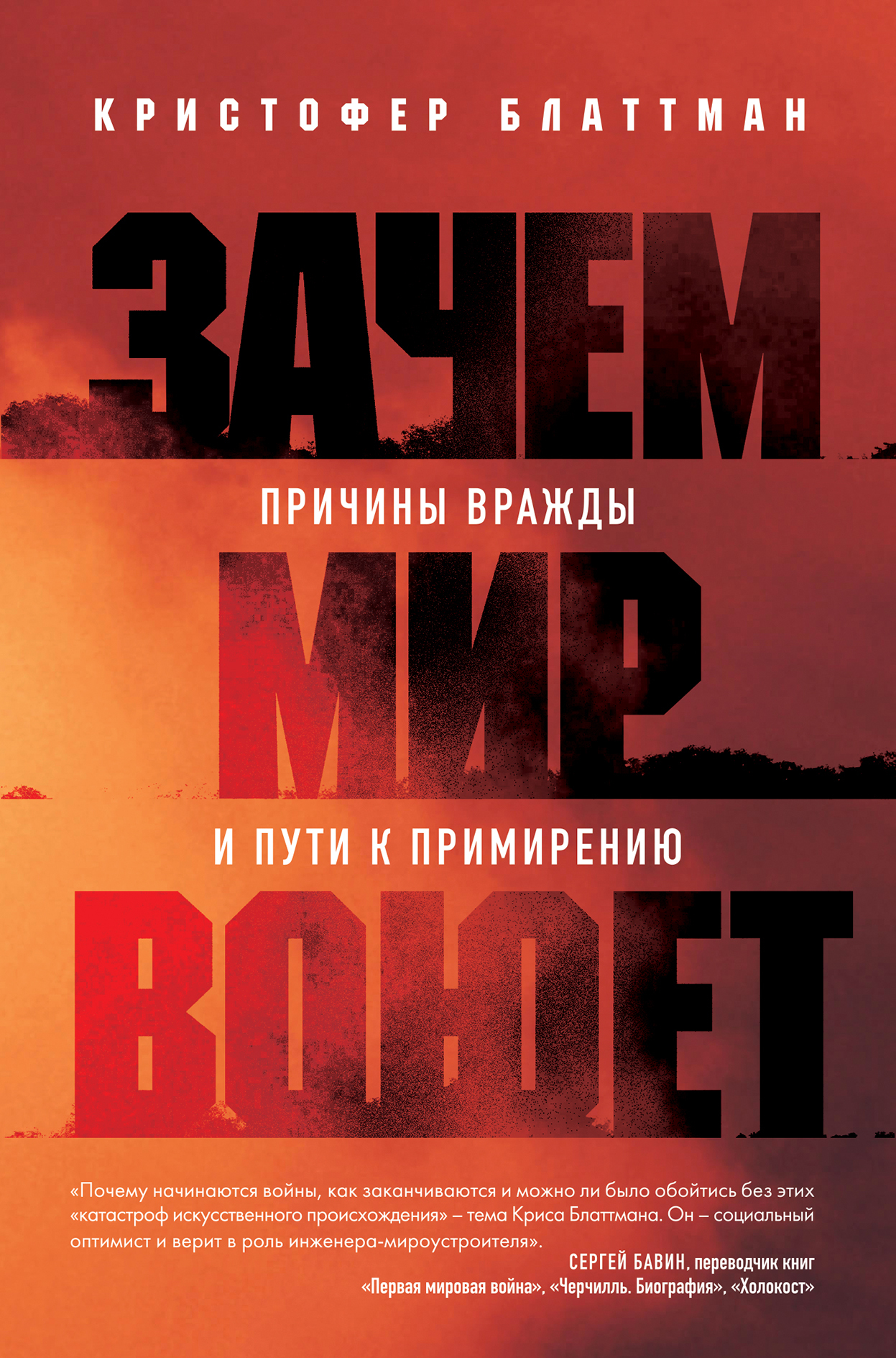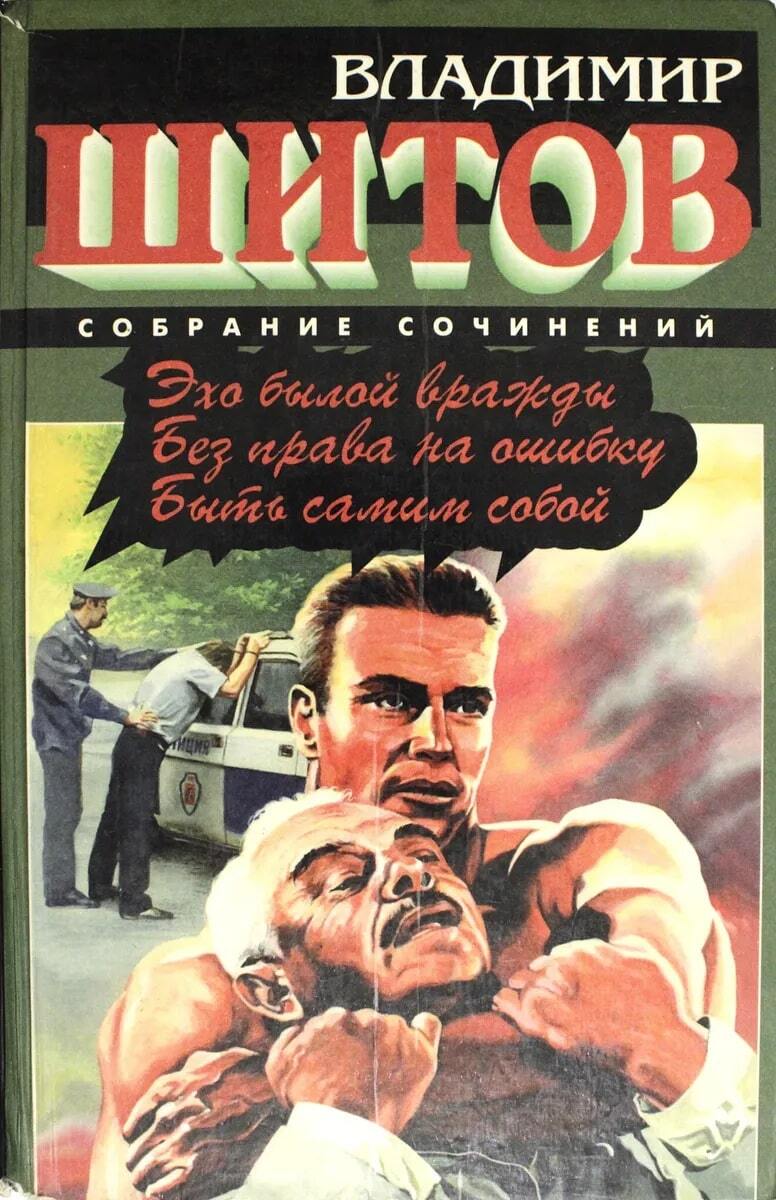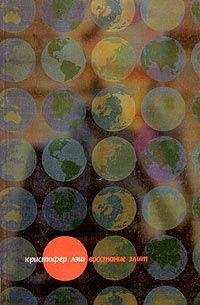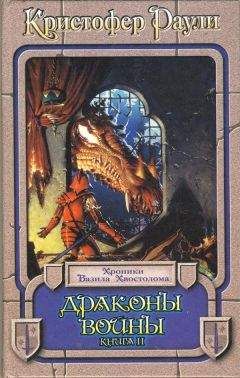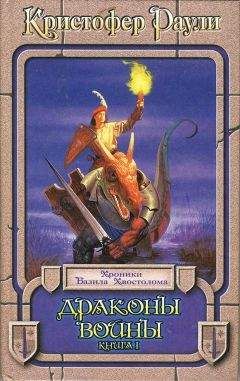Provision?” American Political Science Review 101 (4): 709–725.
Hafner-Burton, Emilie M., Stephan Haggard, David A. Lake, and David G. Victor. 2017. “The Behavioral Revolution and International Relations.” International Organization 71 (SI): S1-31.
Hafner-Burton, Emilie M., D. Alex Hughes, and David G. Victor. 2013. “The Cognitive Revolution and the Political Psychology of Elite Decision Making.” Perspectives on Politics 11 (2): 368–386.
Hamilton, Alexander, James Madison, and John Jay. 2008. The Federalist Papers. Oxford: Oxford University Press.
Hamilton, James J. 2009. “Hobbes the Royalist, Hobbes the Republican.” History of Political Thought 30 (3): 411–454.
Hanson, Victor D. 1998. Introduction to The Landmark Thucydides: A Comprehensive Guide to the Peloponnesian War, edited by Robert B. Strassler and translated by Richard Crawley, ix-xxiv. New York: Touchstone.
Harford, Tim. 2011, Adapt: Why Success Always Starts with Failure. New York: Farrar, Straus and Giroux.
Harrington, Cameron. 2014. “Water Wars? Think Again: Conflict over Freshwater Structural Rather Than Strategic.” New Security Beat (blog). Woodrow Wilson International Center for Scholars. April 15, 2014. https://www. newsecuritybeat, org/2014/04/water-wars/,
Hartman, Alexandra C. 2015. “This Land Is My Land: Access to Justice and the Sacred Stakes of Land Disputes in Liberia.” PhD diss, Yale University. ProQuest (AAT 10006741).
Hartman, Alexandra C., Robert A. Blair, and Christopher Blattman. 2021. “Engineering Informal Institutions: Long-Run Impacts of Alternative Dispute Resolution on Violence and Property Rights in Liberia.” Journal of Politics 83 (1): 381–389.
Hassner, Ron E. 2003. “ ‘To Halve and to Hold’: Conflicts over Sacred Space and the Problem of Indivisibility.” Security Studies 12 (4): 1-33.
Hastorf, Albert H., and Hadley Cantril. 1954. “They Saw a Game; a Case Study,” Journal of Abnormal and Social Psychology 49 (1): 129–134,
Haushofer, Johannes, Anat Biletzki, and Nancy Kanwisher. 2010. “Both Sides Retaliate in the Israeli-Palestinian Conflict.” Proceedings of the National Academy of Sciences 107 (42): 17927-17932,
Hausmann, Ricardo, and Dani Rodrik, 2003. “Economic Development as Self-Discovery.” Journal of Development Economics 72 (2): 603–633.
Heath, Chip, and Dan Heath. 2006, “The Curse of Knowledge.” Harvard Business Review, December 2006, 20–23.
Heaton, Colin D., and Anne-Marie Lewis. 2011. The German Aces Speak: World War II through the Eyes of Four of the Luftwaffe’s Most Important Commanders, Duluth: Zenith Press,
Hedges, Chris. 2003. War Is a Force That Gives Us Meaning. New York: Anchor Books.
Hegre, Havard. 2014. “Democracy and Armed Conflict.” Journal of Peace Research 51 (2): 159–172.
Hegre, Havard, Lisa Hultman, and Havard Mokleiv Nygard. 2019. “Evaluating the ConflictReducing Effect of UN Peacekeeping Operations.” Journal of Politics 81 (1): 215-32.
Heller, Sara B., Anuj K. Shah, Jonathan Guryan, Jens Ludwig, Sendhil Mullainathan, and Harold A. Pollack, 2017. “Thinking, Fast and Slow? Some Field Experiments to Reduce Crime and Dropout in Chicago.” Quarterly Journal of Economics 132 (1): 1-54.
Henrich, Joseph, Robert Boyd, Samuel Bowles, Colin Camerer, Ernst Fehr, and Herbert Gintis, 2004. Foundations of Human Sociality: Economic Experiments and Ethnographic Evidence from Fifteen Small-Scale Societies. Oxford: Oxford University Press.
Herbst, Jeffrey, 1990. "War and the State in Africa.” International Security 14 (4): 117–139.
–. 1996. “Responding to State Failure in Africa,” International Security
21 (3): 120–144,
–, 2000. States and Power in Africa: Comparative Lessons in Authority and Control. Princeton: Princeton University Press.
Herz, John H. 1950. “Idealist Internationalism and the Security Dilemma,” World Politics: A Quarterly Journal of International Relations 2 (2): 157–180.
Hirschman, Albert O. 1970, “The Search for Paradigms as a Hindrance to Understanding,” World Politics: A Quarterly Journal of International Relations
22 (3): 329–343.
–. 2013. The Passions and the Interests: Political Arguments for Capitalism before Its Triumph. Princeton: Princeton University Press.
Hirshleifer, David, and Tyler Shumway, 2003. “Good Day Sunshine: Stock Returns and the Weather.” Journal of Finance 58 (3): 1009–1032.
Hirshleifer, Jack. 1991. “The Technology of Conflict as an Economic Activity.” American Economic Review 81 (2): 130–134.
–. 1995a. “Anarchy and Its Breakdown.” Journal of Political Economy 103 (1): 26–52.
–. 1995b. “Theorizing about Conflict,” In Handbook of Defense Economics, vol. 1, edited by Keith Hartley and Todd Sandler, 165–189. Amsterdam: Elsevier,
Hobbes, Thomas, (1651) 2017. Leviathan, London: Penguin Classics.
Hoffman, David. 1999. "T Had a Funny Feeling in My Gut,’” Washington Post, February 10, 1999, sec. A.
Hoffman, Philip T. 2017. Why Did Europe Conquer the World? Princeton Economic History of the Western World 54. Princeton: Princeton University Press.
Honig, Dan. 2018. Navigation by Judgment: Why and When Top-Down Management of Foreign Aid Doesn’t Work. Oxford: Oxford University Press.
–. 2019. “The Power of Letting Go,” Stanford Social Innovation Review, Winter 2019.
Horowitz, Donald L. 2000. Ethnic Groups in Conflict, 2nd ed. Berkeley: University of California Press.
–. 2001. The Deadly Ethnic Riot. Berkeley: University of California Press.
Horowitz, Michael C., Allan C. Stam, and Cali M. Ellis. 2015- Why Leaders Fight. Cambridge: Cambridge University Press.
Howard, Lise Morje. 2008, UN Peacekeeping in Civil Wars. Cambridge: Cambridge University Press.
–, 2019. Power in Peacekeeping, Cambridge: Cambridge University Press.
Howell, William G. 2015. Thinking about the Presidency: The Primacy of Power, Princeton: Princeton University Press.
–. 2022. An American Presidency: Institutional Foundations of Executive Politics, Princeton: Princeton University Press.
Hsiang, Solomon M., Marshall Burke, and Edward Miguel. 2013. “Quantifying the Influence of Climate on Human Conflict.” Science 341 (6151): 1212–1228.
Hufbauer, Gary C., Jeffrey J. Schott, and Kimberly A. Elliott. 1990. Economic Sanctions Reconsidered: History and Current Policy. Washington: Institute for International Economics.
Hufbauer, Gary Clyde, Jeffrey J. Schott, Kimberly Ann Elliott, and Barbara Oegg. 2008. “Economic Sanctions: New Directions for the 21st Century.” Presentation, Peterson Institute for International Economics, https://www.piie.com/commentary/ speechespapers/economic-sanctions-new-directions-21 st-century,
Hultman, Lisa, Jacob D. Kathman, and Megan Shannon. 2019. Peacekeeping in the Midst of War. Oxford: Oxford University Press.
Hultman, Lisa, Jacob Kathman, and Megan Shannon. 2014. “Beyond Keeping Peace: United Nations Effectiveness in the Midst of Fighting.” American Political Science Review 108 (4):
Hume, David. (1739) 1896. A Treatise of Human Nature, edited by Sir Lewis A. SelbyBigge. Oxford: Claredon Press. Reprinted by the Online Library of Liberty, https://oll.libertyfund.org/title/bigge-a-treatise-of-human-nature.
Humphreys, Macartan. 2003. “Economics and Violent Conflict.” Working paper.
Hunt, Lynn. 2007. Inventing Human Rights: A History. New York:
